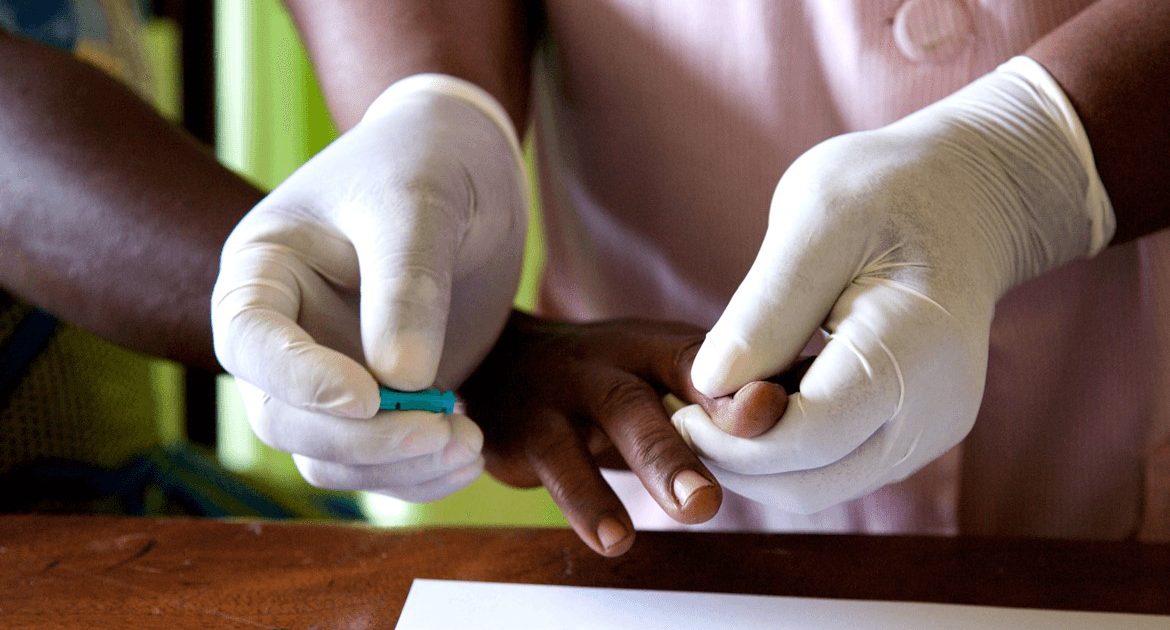The rising HIV infections among the youth in Kisumu County has elicited major concern among partners in the healthcare sector.
County HIV Coordinator, Eunice Aoya confirmed that new infections have soared to 4661 from 3396 last year with the youth accounting for 30 per cent of the number.
Aoya termed the scenario a wakeup call for renewed multi-sectoral approach aimed at reversing the trend in Kisumu County.
She attributed this to the youth being adventurous in nature; going about sharpening their seduction skills and seeking to implement the knowledge through practical experiences without minding their lives.
“We have also noted that high levels of poverty also push the youth into early sexual activities contributing to high levels of HIV infections and teenage pregnancies,” she added.
Aoya also decried careless lifestyles young people engaged in especially in the lake region where child prostitution often precipitated by the desire to boost family income was rampant. “It is unfortunate that young people have sunk deeper into alcoholism and drug abuse which blurred their judgment on matters of sexuality,” she observed.
The HIV Coordinator sent a passionate appeal to communities in Western Kenya to abandon retrogressive cultural practices like widow cleansing and wife inheritance which, he regretted had claimed many lives.
Aoya however appreciated local communities for successfully fighting stigma that previously confronted HIV/AIDS victim following massive advocacy against the vice by various stakeholders.
She said the death rate attributed to HIV reduced tremendously; from 1679 to 1542 attributing the success to victims taking ARVs religiously and visiting clinics regularly unlike in the past.
Aoya said when Covid-19 set in, HIV positive patients avoided visiting health facilities to guard against contracting the virus owing to their low immunity.
However, Aoya said they made sure the patients got their medicines by way of using the Shauri systems to send them bulk messages to encourage them to go for the same while giving them up to three months ARV drugs to ensure they were safe at home.
By Evangeline Mola and Joseph Ouma




